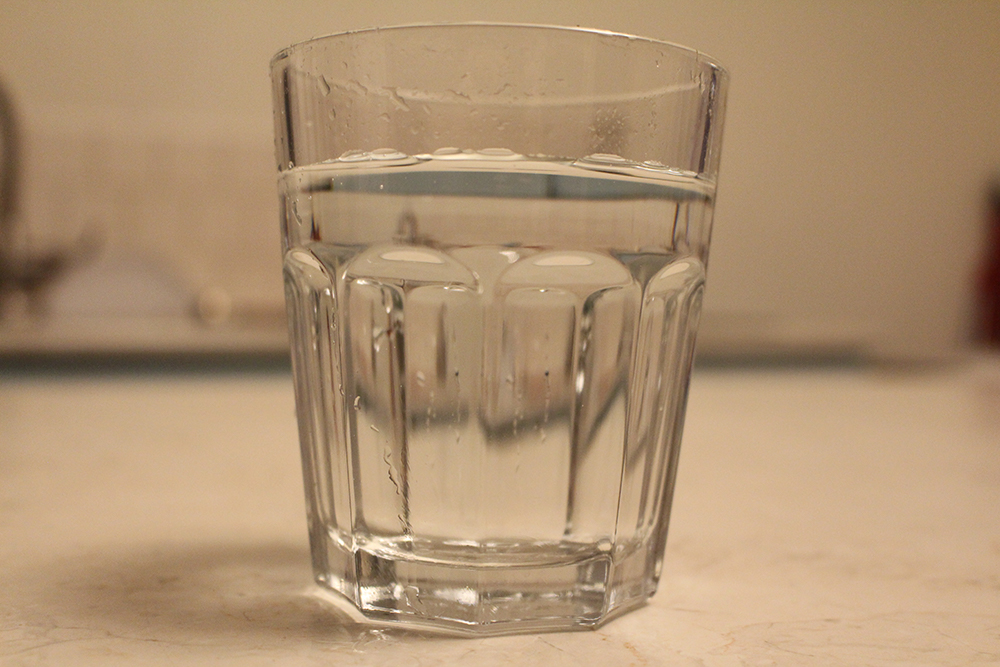The Township of Minden Hills is assuring residents that its drinking water system is safe from the high lead levels being uncovered elsewhere in the country.
The municipality responded Nov. 13 to an investigation which highlighted high lead levels in drinking water across the nation. The township said its latest lead tests are well below the safety thresholds set by both provincial and federal governments.
In 2018, the Minden system tested between 0.01 and 0.43 μg/L (micrograms per litre) of lead, well below Health Canada’s maximum acceptable concentration of 5 μg/L or Ontario’s 10 μg/L. The latest test for Minden’s Lutterworth Pines drinking water system in 2016 tested between 0.14-0.58 μg/L.
“The main source of lead in water is from lead pipes in ageing infrastructure,” the township and the Ontario Clean Water Agency (OCWA) told The Highlander. “Water systems constructed prior to the 1960s typically were constructed using lead components.”
Minden built its systems post-1960 and thus they lack lead, the organizations said.
A year-long investigation from nine universities and 10 media organizations collected test samples for lead exposure in 11 Canadian cities. One in three of the 12,000 samples collected since 2014 exceed the national guidelines, according to The Toronto Star.
Minden is the only County of Haliburton township with municipally-run water systems. Residences elsewhere are either serviced by individualized well systems or non-municipal year-round residential systems for places such as apartments.
The year-round residential systems are bound by similar rules to municipally owned ones and must test for lead regularly. Designated facilities such as schools and health care must also conduct regular testing.
Jacob Wood owns and operates Halliburton Artesian Well Drillers. He said most of the county’s well systems do not risk lead contamination. That might only come from plumbing joints from systems before the 1980s.
Wells are not built like that anymore, Wood said. The composition of Haliburton’s groundwater also makes lead contamination unlikely.
“Acidic water will actually eat away at those joints more,” Wood said. “Typically around Haliburton, we don’t get any acidic water in the granite. It’s very rare.”
The Haliburton, Kawartha Lakes, Pine Ridge District Health Unit offers well testing for bacteria, though testing for other substances must be done at private labs.
The unit’s manager of environmental health Bernie Mayer said people should inspect their wells once a year and test them three times per year.
“Surface water can enter through the sides of the wells if the well was not properly constructed or maintained,” Mayer said.
Wood said groundwater wells remain a safe way to get clean water.
“We are fortunate in Haliburton, we don’t really have to worry about that (lead contamination) too much.”





